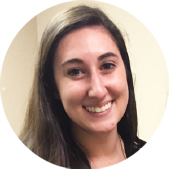
Alexandria Monti, MSW
Addiction Therapist, Rochester Regional Health
The Master of Social Work program at Roberts provides a specialized focus through two concentrations: Mental Health and Child/Family Services. Students engage with expert faculty through a stimulating curriculum that provokes critical thinking, integrates a bio-psycho-social-spiritual-cultural perspective, and encourages self-awareness. Courses are offered in a 15-week synchronous online semester format in late afternoons and evenings to accommodate for the needs of adult learners. Students have the flexibility to complete the program part-time or full-time.
Do you need questions about the program and the admissions process answered? Reach out via email at age-admissions@roberts.edu or schedule an appointment with our Adult & Graduate Enrollment Representative.
Get More Info by clicking below to request details on our program admissions, curriculum, tuition, and more.
COURSE LENGTH
15-week semesters
PROGRAM DURATION
24 (full-time) to 48 (part-time) months for the Standard Program
11 (full-time) to 22 (part-time) months for the Advanced Standing Program*
CLASS SIZE
Under 20 students
PROGRAM CREDITS
60 credits for the Standard Program
38 credits for the Advanced Standing Program
FORMAT
Online Synchronous (more details here)
*Advanced Standing is an accelerated program for students with a Bachelor of Social Work degree earned within the past five years
Social work is a rewarding career for those dedicated to helping and improving the lives of others. They are able to meet people where they are - emotionally, socially, physically - and view a person in their whole environment. Social workers not only work with individuals and families; they also recognize and work with the broader systems in which they are involved. In addition to clinical settings, social workers are also employed for positions in government, research, community organization, policy advocacy, and social change.
The MSW program at Roberts Wesleyan University provides students with enriched classroom experiences, hands-on field work opportunities, and stimulating faculty mentorships to prepare them for success in future social work careers. The U.S. Department of Labor Bureau Statistics highlights that clinical social workers can diagnose and treat mental, behavioral, and emotional issues and notes that employment in social work is expected to increase by nearly 13 percent from 2019 to 2029.
Students who complete the MSW program from Roberts Wesleyan University can expect to work in careers including:
Careers
Employers
Sources cited: Social Workers : Occupational Outlook Handbook. (2020, September 16). Retrieved December 07, 2020, from https://www.bls.gov/ooh/community-and-social-service/social-workers.htm
If you have a strong desire to help others and make a difference in the world, then an MSW degree may be the right choice for you! Master level social workers are employed in a variety of settings including hospitals, child welfare agencies, nursing homes, mental health clinics, schools, government, and human services agencies. MSWs are trained as clinical social workers and are able to diagnose and treat mental illnesses.
An MA in Social Work does not lead to a path of licensure in New York State. In order to obtain licensure as a social worker in New York State, an MSW degree is required. This degree must be earned from a graduate school of social work accredited by the Council on Social Work Education (CSWE). In addition, successfully passing a national licensing exam is necessary to obtain status as a Licensed Master Social Worker. (LMSW). In order to become a Licensed Clinical Social Worker (LCSW), the earned MSW degree must include clinical courses. It is also required that LCSWs have three years of post-degree supervised experience in clinical social work and pass the clinical licensing examination. The MSW program at Roberts Wesleyan College is accredited by CSWE, provides the clinical courses required for the LCSW, and offers a review course for MSW students to prepare for the LMSW exam.
Do you need a bachelors in social work to get a masters in social work? You do not need a bachelors in social work to enter an MSW program. Many MSW students have a bachelor's degree in a field related to social work such as psychology or human services, although this is not necessary. MSW students come from a range of different backgrounds and have a variety of undergraduate degrees. However, students that have a bachelor's degree in social work can typically complete the program in a much shorter duration as an advanced standing student.

Alexandria Monti, MSW
Addiction Therapist, Rochester Regional Health
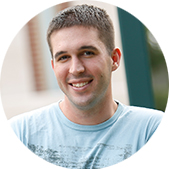
Matthew Matteson, LMSW
Behavioral Therapist, Community Howard Regional Health
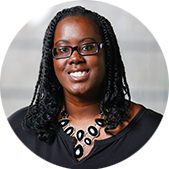
Crystalyn Morgan
Independent Living Coach, Intercept Youth Services
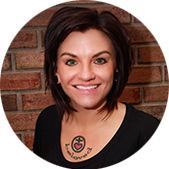
Amy Smith, LMSW
Founder and Program Manager, Freelancing Hope
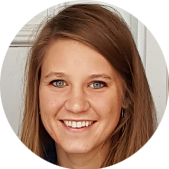
Tayler Kelly
Inpatient Psychiatric Social Worker, Mayo Clinic
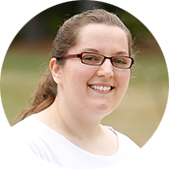
Hillary Bartoszek, LMSW
Family Developer, Action for a Better Community, Inc.